Don’t let No scare tactics get in the way of the Indigenous voice to parliament
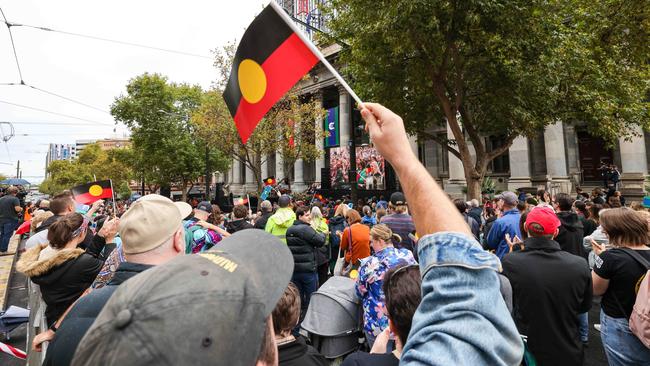
Let’s examine some favourites. As Leeser pointed out, the most prolific scare of the scare campaign has been calling the voice “a third chamber of parliament”, “a fourth layer of government” or “a new House of Lords”. Leeser rejects these mischaracterisations.
“I prefer to call it what it is,” he said, “an advisory body of Aboriginal and Torres Strait Islander Australians, trying to better direct federal government funds to achieve better outcomes.”
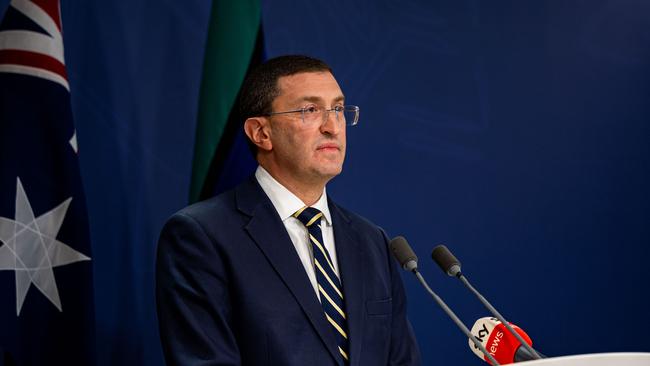
The voice will be set up by parliament and evolved by parliament. Its advice will be non-binding. It will have no power to make laws or veto decisions, and there is no change to the houses of parliament whatsoever.
Some opponents argue the voice’s advice will be so compelling, it will have a de facto or virtual veto over government policy.
Leeser rejects this succinctly: “The voice is advisory,” he told parliament last week. “It won’t be Moses handing down tablets from the mountain. The parliament will still be the democratic centre of our national life. The parliament will still be supreme in matters of law and policy … And it remains with the parliament and the executive to weigh that advice, to consider and reflect on it, and sometimes to reject it.”
The voice was designed with constitutional conservatives such as Leeser in 2014 to respect parliamentary supremacy. But, importantly, the drafting has evolved since its inception from using the word advice in early iterations to now using representations. Leeser explained that representations was “much more modest” than advice. Advice implied mandatory consideration, whereas “representation only implies receipt”, he said.

As Anne Twomey told the parliamentary committee, using representations removed any argument that advice should be followed by convention just as advice from ministers to the Governor-General should be followed by convention.
In addition to the recent broadening of parliament’s power over the voice under subclause three, what began as a modest proposal has become over nine years even more respectful of parliamentary supremacy.
Some have claimed the voice’s representations would derail government decisions on everything from nuclear-powered submarines to lighthouses. Michaelia Cash even said the voice would interfere with parking tickets.
Leeser himself at one stage asked whether the Reserve Bank of Australia would have to consult the voice on interest rate decisions. Answering his own question, he rejected these claims on Wednesday. The voice “will advise on matters relating to Aboriginal and Torres Strait Islander peoples”, he said. “It will have no interest in where the Department of Finance purchases its paperclips or its recycled paper, as some have claimed. It will not run programs or dish out grants, and it won’t have interest in submarines, as some No advocates suggest, as if our subs are going to be painted with Indigenous designs like the fuselage of a Qantas plane. And if the voice wants to lambaste the RBA on interest rates, I say: join the queue.”
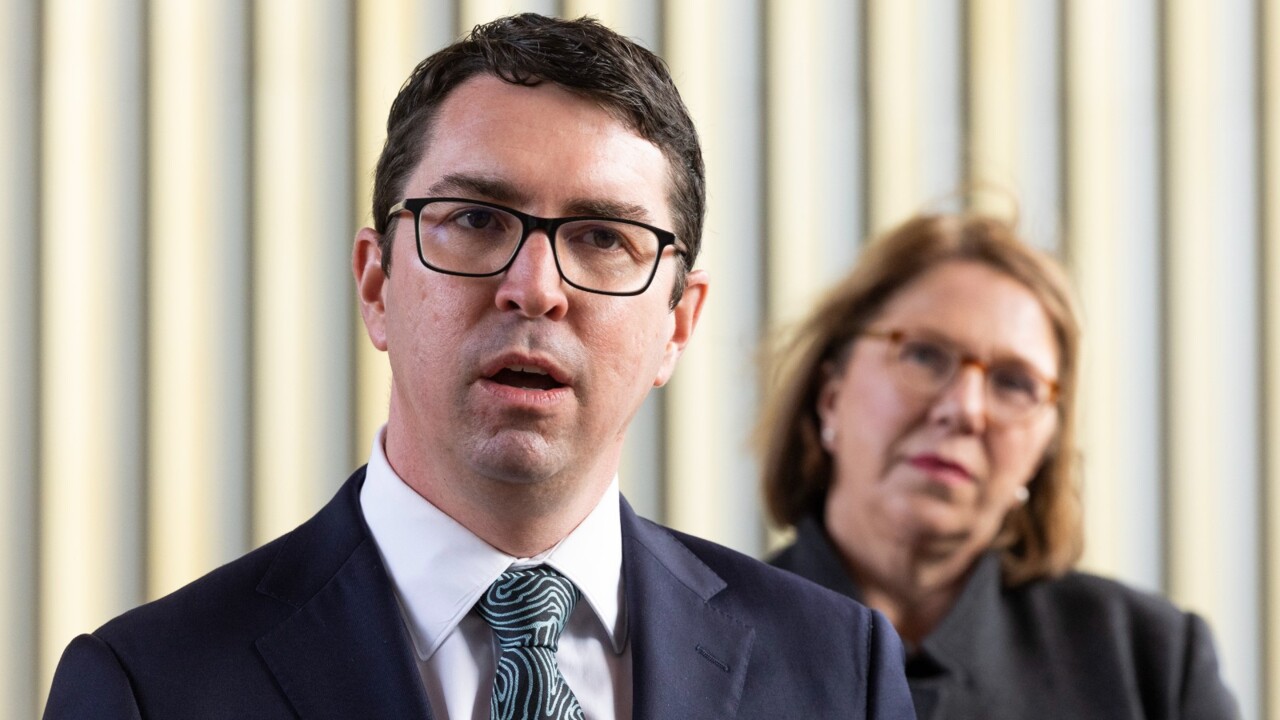
The voice will be busy advising on how to close the gap in Indigenous communities – a complex and involved question. Its members will not want to squander their political influence or time advising on irrelevant matters such as submarines, paperclips or parking tickets.
Silly or irrelevant advice from the voice will be ignored. And, to be clear, there is no constitutional duty for anyone to consult the voice under the proposed amendment. Any duty to consult would have to be articulated by parliament via legislation. Why would parliament require the RBA to consult the voice on interest rates? It wouldn’t.
But as Leeser says, if the voice really wants to make representations to the RBA – who cares? Anyone can do that. I put in a submission to the RBA review earlier this year.
Others have claimed the voice will stymie Australia’s national security and could even prevent Australia going to war.
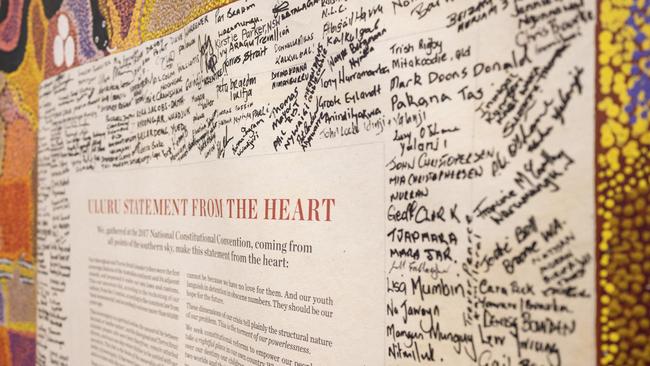
Peta Credlin has provided some fantastical lines in this vein. Last month, she suggested police action on the Lindt cafe siege in Sydney could have been hampered by the voice.
“What would have happened if the terrorist in that case had been an Aboriginal man or woman?” Credlin asked. “Would the voice need to have been consulted before we deployed terror police?” She claimed a constitutional voice would be “all powerful”, so this could not be ruled out. The short answer: Credlin is wrong; such possibilities can be ruled out.
As Chris Kenny observed on Sky News, Credlin’s argument is “desperate … an over-the-top and implausible scare campaign”. There is no constitutional duty for anyone to consult the voice on any decision or action, let alone terror police having to consult the voice before saving Australians from a terror attack.
These suggestions demonstrate the tenor of the No case.
The Yes case cannot resort to lies. The case for change must deal in truth. Advocates for this change must fight fear with facts, as Leeser has done in his latest speech. And we must answer hate with love. If we do that, the Yes vote will succeed.
Shireen Morris is a constitutional lawyer and director of the Radical Centre Reform Lab at Macquarie University law school.


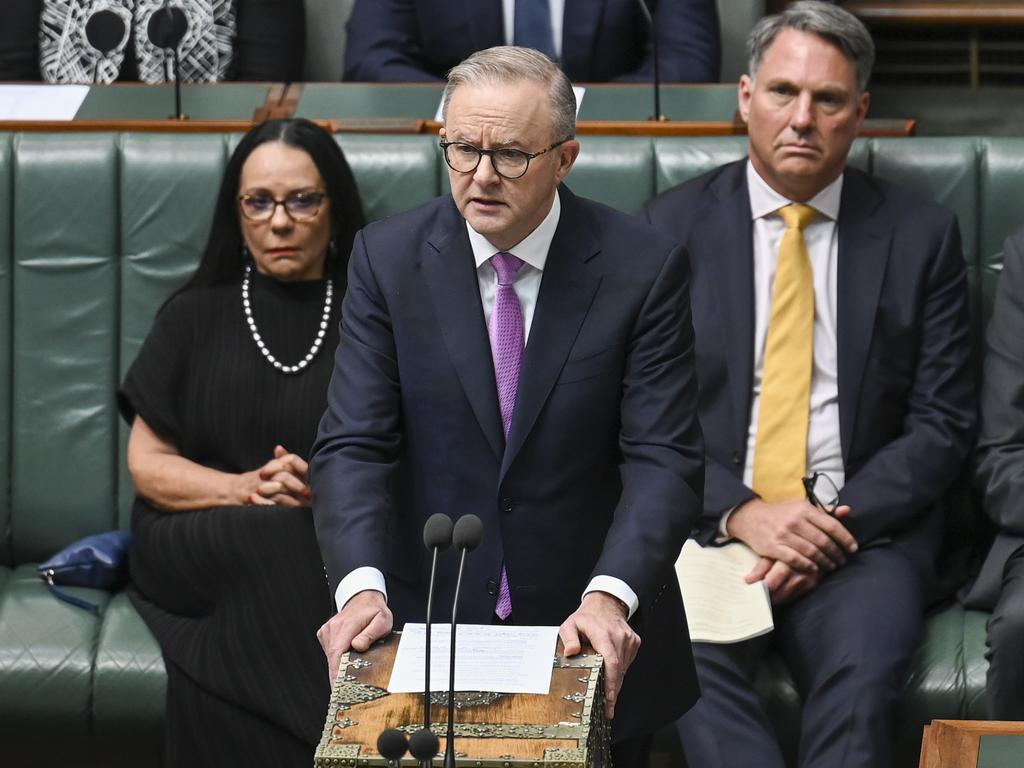
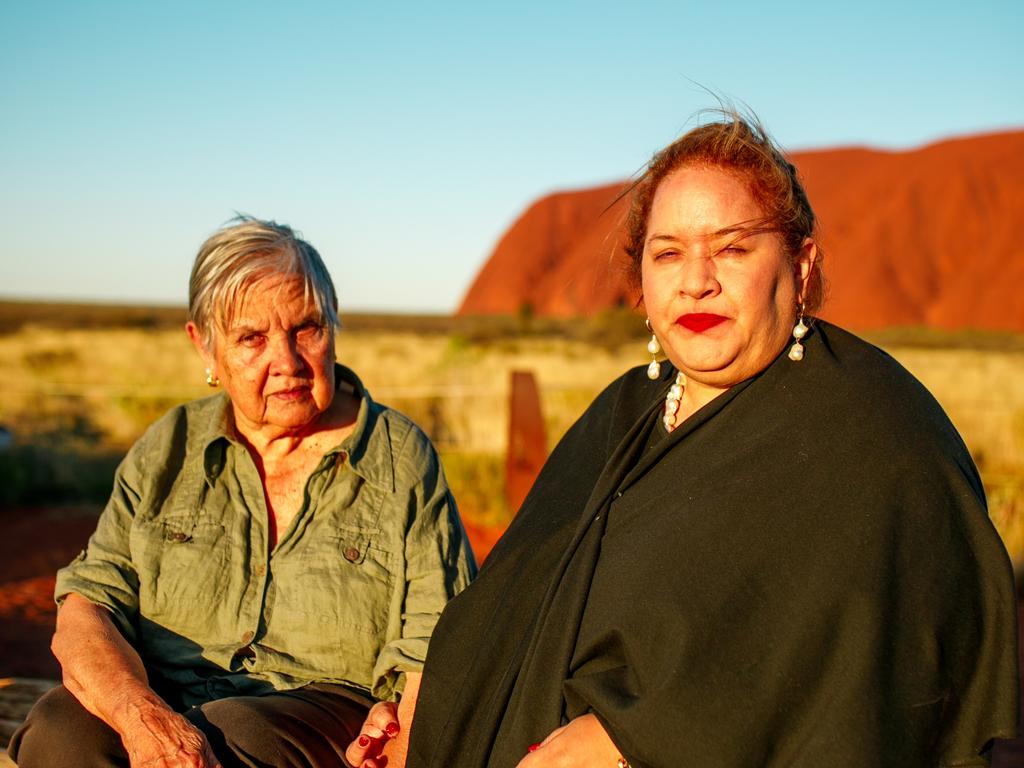
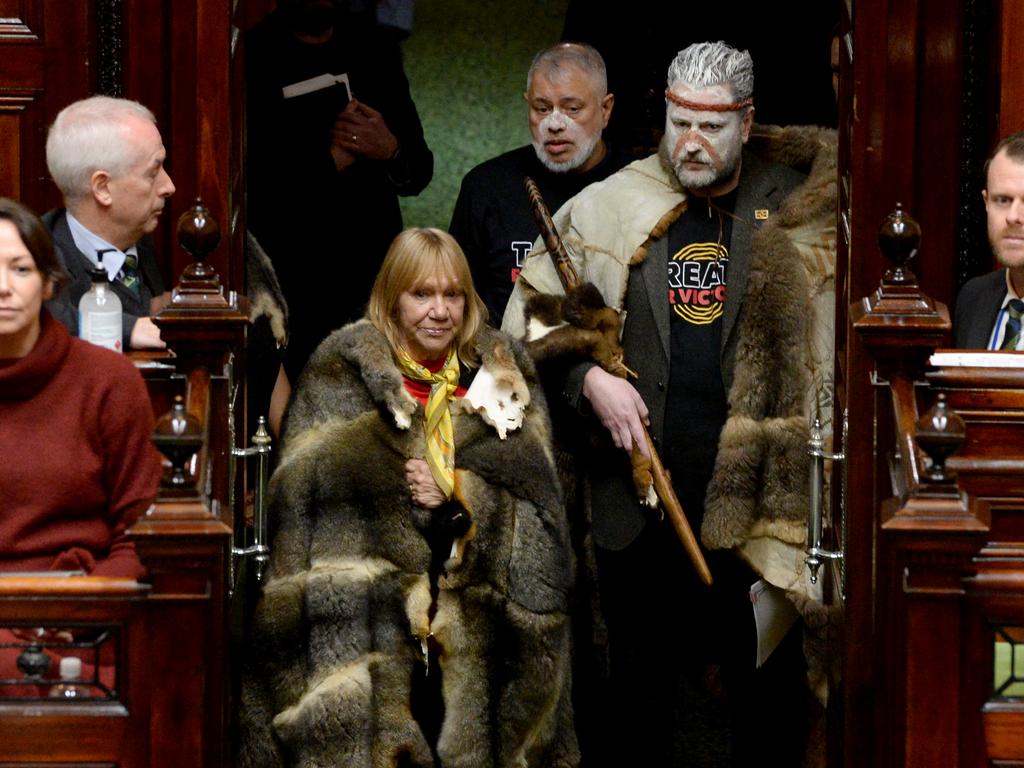
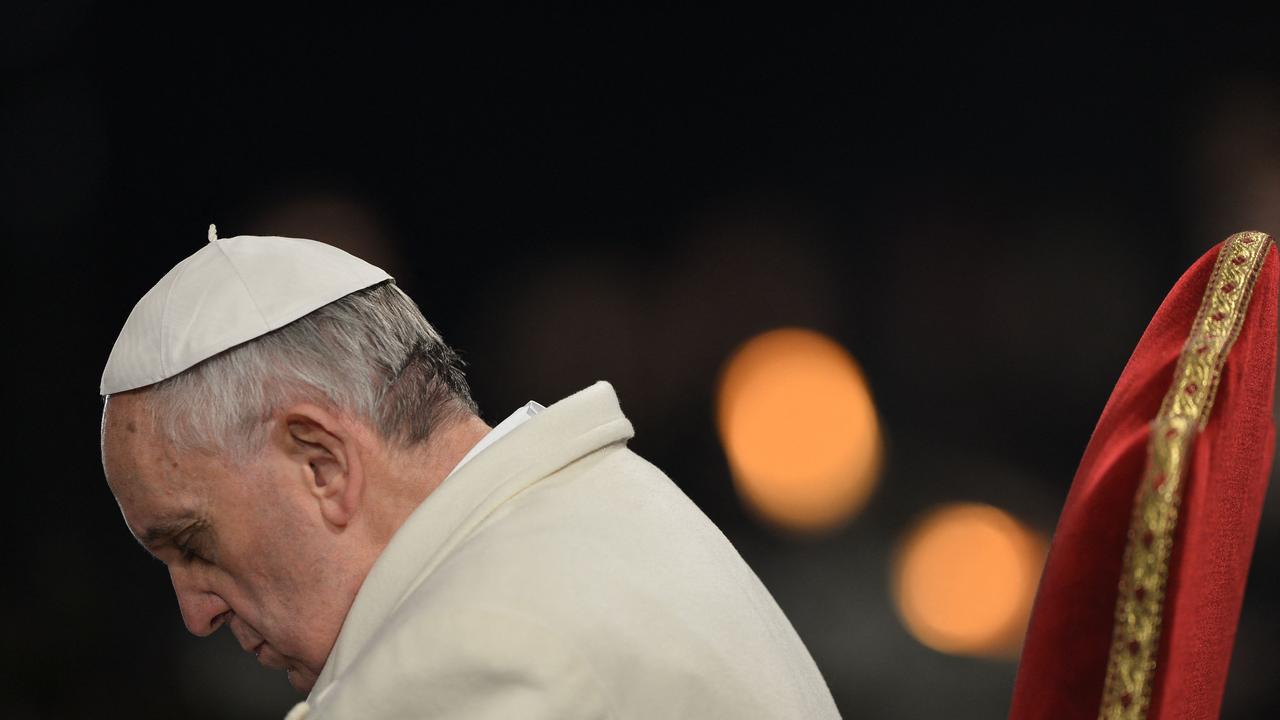

Last week Liberal MP Julian Leeser delivered a compelling conservative case for a Yes vote in the upcoming voice referendum. He debunked some of the key scares being propagated by the No case.